When I’m talking to friends and family, the question I hear is not “IF” they should buy an electric car someday. Most people have already decided if they fall into the Gas Forever Party or EV Someday Party.
Instead, the question I get is: Should I buy an electric car now or wait? This is actually a pretty challenging question with a lot of factors to consider. In this article, we will answer this question by weighing the pros and cons of buying an electric car in 2023.
Reasons to Buy an Electric Car in 2023

Like any good pro-electric car media company we’ll start with the positives, and there are many. However, we ask you not to just read the first half of this article and run out to your EV dealership with a naive smile on your face. There are some compelling reasons it may be better to wait so give yourself the full picture.
1. Bragging Rights
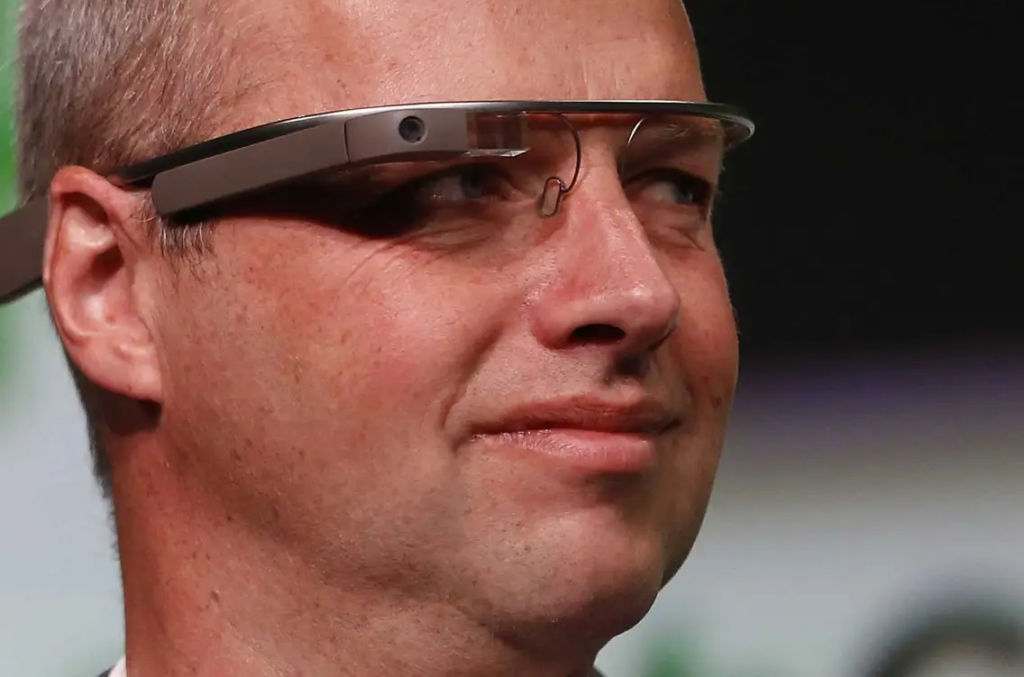
Probably the most common and real reason people buy electric cars is that they want to make a statement! Driving an electric car says a few things about the owner.
First, it makes a statement that you care about the environment. What better reason is there for spending $10,000 or more than a comparable gas-powered car?
Second, it says that you are an early adopter, a technophile, and a trendsetter. You aren’t waiting around to see what the safe bet is, you’re willing to throw it all on the line for the latest and greatest. If this was you, you were probably on the list for your Google Glass glasses!
Whatever the case, buying an electric car is a great way to stand out amongst your friends and make it clear that you want to change the trajectory of our energy production.
2. More Advanced Safety Features

Another great reason to buy a new car in 2023 is the advanced safety features. These are features like Pedestrian Detection with braking, Rear Cross-Traffic Detection with braking, Auto Lane Correction, and Active Cruise Control that can follow the car ahead while steering, accelerating, and braking. Just a decade ago, this technology would have been considered space-aged!
When it comes to traditional automotive manufacturers, Hyundai leads the pack for standard advanced safety features. This is because all of their 2023 electric cars come fully equipped with the advanced safety features listed above.
Most automobile manufacturers offer these advanced safety features as standard only in their premium gas-powered cars. Yet, what we are seeing is a trend for manufacturers to include these premium safety advancements as standard on their EVs.
3. Longer Warranties
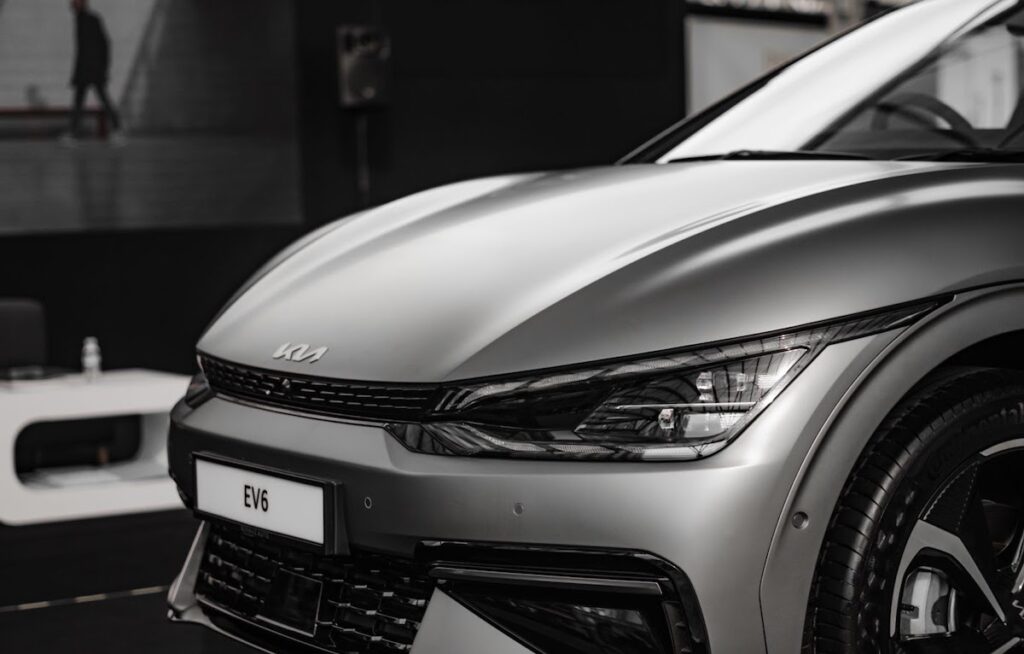
Another reason you may want to consider buying an electric car in 2023 is the warranties. Like any new technology, it’s completely normal for consumers to be hesitant about reliability. To combat this, car companies are “taking a play” out of Hyundai’s playbook.
When Hyundai entered the U.S. car market back in the 1990s, Americans were skeptical of the Korean car company. To combat this, Hyundai had to do something extreme. While other car companies were offering a 3-year or 36,000-mile warranty, Hyundai’s came with a 10-year or 100,000-mile warranty. This “marketing ploy” paid off. Today, Hyundai has now become the fourth largest car manufacturer, by sales, in the U.S.
If you have been car shopping recently you may have noticed that the drivetrain (or powertrain) warranties on gas-powered cars are 3 to 5 years on average. Whereas electric cars’ drivetrain warranties range from 5 to 8 years on the electric motors, and 10 to 12 years on the batteries.
Therefore, one benefit of buying an electric car in 2023 is the extended warranties, which may be reduced on future models when consumers are less skeptical about the reliability of EVs.
4. Saving Money

If you are thinking of buying an EV in 2023 to save money then this may… or may not be the right solution for you. Here are the four financial considerations you need to consider.
Save on Fuel
With gas prices rising, and rising, and rising at some point even a fossil fuel fan may begin to imagine a world with less expensive energy sources. The truth is that both fossil fuels and electricity prices are rising fast!
The average fuel savings on an electric car is nearly $850 annually. The main difference is the cost of electricity to drive 100 miles in a traditional EV is about $4.50 (charging from home), and the cost to drive the same distance in a standard gas automobile is nearly $15. That’s 300% more! Therefore, the cost of electricity would have to triple without any increases in gas prices for it to be a fair fight.
Save on Maintenance
One of the best attributes of an electric car is the low maintenance requirements. Electric car drivetrains contain few moving parts that basically rotate in the same direction whereas a gas engine has literally hundreds of metal pieces that push and pull against each other, in multiple directions, to cause the driveshaft to rotate.
The pulsing and rotating parts of a gas engine need constant cooling and lubrication to keep them melting and seizing from the pressure and the heat. The coolant and petroleum-based lubricants that complete this task must be changed frequently to prevent future wear or damage to the engine.
While most modern electric cars do use coolant to cool both the batteries and motor, the coolant is in a sealed system and rarely needs to be changed. The electric motors are also sealed and don’t require heavy petroleum-based lubricants that must be changed every 3000 miles like a gas vehicle.
Lastly, many electric cars have Regenerative Braking. This feature allows the electric motor to slow the vehicle without using the brakes, which increases the life of the entire braking system.
These features reduce the service intervals on electric cars versus gas-powered and equate to an average annual saving of over $450 on maintenance.
Tax Credit
The Federal and State Tax Credits are a very attractive reason to buy an electric car in 2023. Before you buy an electric car you must know that the Inflation Reduction Act, which went into effect on January 1st of 2023, made significant changes to the Federal Tax Credits for EVs.
The new act added many new requirements for a car to qualify for the tax credit. Additionally, the Tax Credit can only be applied to your tax liability for the year you purchased the car. This means that if you didn’t pay the full $7,500 in Federal taxes the year you purchased the car, then you can’t receive the full tax credit.
This being said, if you were to receive the full tax credit on the lowest-priced EV that qualifies, the 2023 Chevy Bolt 1LT, it would bring the final cost under $20,000!
So if you are in the market for a car and you’re considering going electric, look for an EV that qualifies and it may just tip the scales for you to buy an EV in 2023.
Reasons to Wait to Buy an EV in 2023

Now that we have covered the top reasons to buy an EV in 2023, let’s consider the reasons not to buy this year. You may think that as an EV media company, we are going to sugarcoat this, but that isn’t who we are here at EVROOM. So, here are the honest and transparent reasons not to buy an EV in 2023.
1. Electric Cars Cost More Upfront
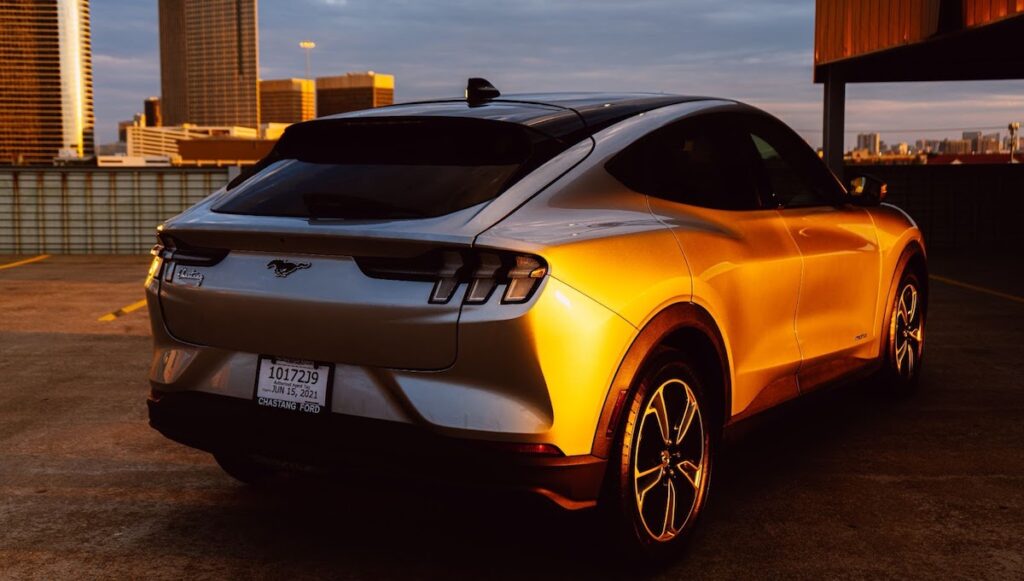
The typical electric car costs on average $11,000 more than a gas-powered car. There are many reasons that the cost of EVs are higher than gas-powered cars. The cost of development and tooling, the high cost of batteries, and the supply chain issues all lead to higher prices for electric cars.
So the money you are saving on fuel and maintenance can easily be eaten up by the higher sticker price. For reference, financing the $11,000 difference costs the average borrower over $200 more each month.
That said, remember that the additional $2,400 a year you’re spending on financing, you would otherwise spend on fuel and maintenance of a gas-powered car. So it’s actually kind of a wash.
2. EVs Have Poor Reliability Ratings
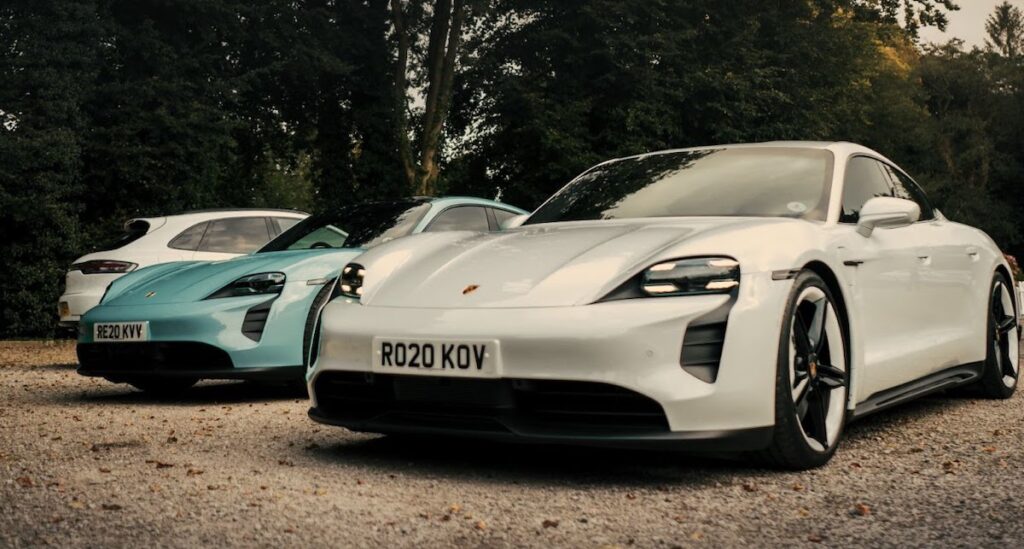
Reliability is one of the main concerns of future EV buyers, and this concern isn’t unfounded. While Tesla has been the main electric car manufacturer for the past ten years, Consumer Reports rates the reliability of electric cars as a whole as lower than the average gas-powered car.
As shocking as this may sound, the poor ratings are rarely due to battery or motor issues and have more to do with shoddy workmanship, limited repair facilities, and long wait times to get parts. Some of these problems are likely to lessen in the near future with supply chain improvements and more mechanics specializing in EV repair.
Nevertheless, in general, new car models tend to have more issues than models that have been in production for several years. EVs are no different. Since most companies, including Tesla, have created completely new designs from the ground up for their electric cars, it should be expected that they will have more flaws than other cars.
3. EVs Have a Lower Resale Value
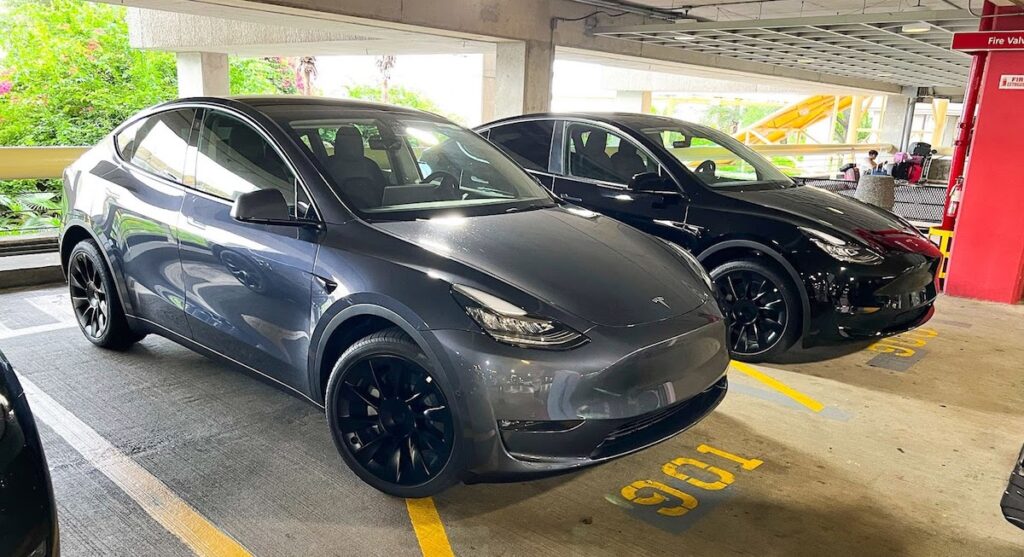
It has been widely reported that the resale value of electric cars is lower than gas-powered cars. We believe there are a few reasons for this that are causing prices of used EVs to be impacted.
The first is the reliability ratings we spoke of earlier. Many used car buyers are worried about the astronomical cost of replacing the batteries in an EV. Therefore they avoid buying an out-of-warranty EV altogether. And those that do buy used EVs want to get a good deal on their cars for taking the risk of potential problems in the future.
The second reason is the original owner could have received an incentive to purchase an electric car. Prior to the Inflation Reduction Act, tax credits only applied to new EV purchases. In many cases, it was actually more affordable to buy a new electric car over a slightly used electric car.
Now, with the Inflation Reduction Act, the tax credit for used EVs is up to 30% of the price or $4,000. This will likely create a much greater demand for used EVs. However, there are many qualifications for both the buyer and the vehicle, so be sure to do your homework before purchasing a used electric car.
4. Charging Stations

There may be nothing more frustrating to an EV owner than having to use public charging stations. It’s akin to using the rest stop bathrooms on a cross-country road trip… Few and far between and often out of service.
California is the state with the most charging stations, with about 40,000. Despite this fact, many California electric car owners still complain about long wait times and the difficulty of finding functioning rapid charging stations.
If you don’t live in California, charging stations may be even more scarce. Wyoming has less than one charger for every 200,000 acres! This is compared to California with one charger for every 3,000 acres and Vermont with roughly one charge for every 7,000 acres. Vermont has the most chargers per capita with about one charger for every 714 residents.
The solution is more difficult than just adding more charging stations. This is because energy is already at its greatest demand ever and the electrical grids and power stations are already operating at their max. In order for the nation to reach the goal of 50% of all car sales being 0-emission by 2030, the entire power infrastructure will need to be upgraded. If the electric supply chain isn’t completely overhauled EV owners are likely going to find public charging as useful as a bank of old payphones!
Therefore, if you are considering an electric car in 2023, plan on adding a good quality Level 2 Charger to your home and plan on charging from home at off-peak hours. If charging from home isn’t an option, then I would suggest waiting until the public charging issues are resolved.
5. No Second Car

Shhhh…. I’m going to tell you a secret that many electric car owners may not admit to. Electric cars are outstanding… That is, if you have access to another car. Everyone I know with a fully-electric car has either another car that’s gas-powered or occasionally rents a gas-eater.
This is because electric cars are like two-seater sports cars or lifted pick-up trucks. They are great for some things, but not great at everything. Electric cars are perfect for driving distances of less than 100 miles each way. They are unsurpassed for acceleration and low-end power. They are proven to reduce air pollution.
On the other hand, they are not (at this time) ideal for towing or hauling heavy loads. They are not the best option for sub-zero weather conditions, and long-distance travel can be a horrible experience.
If you don’t have access to a second car and you still wish to buy an electric car in 2023, you may want to consider a PHEV or Plug-In Hybrid. A PHEV can drive 30-40 miles only using the stored energy from the battery. Once the battery is depleted the vehicle can operate on a gas-powered engine. This combined drivetrain is the best of both worlds and can average 80+ miles per gallon!
6. Electric Car Selection is Limited

The final reason you may want to wait to buy an electric car is the low selection. It’s fair to say that auto manufacturers really dropped the ball when it comes to their EV adoption. Tesla sold their first electric car in 2008, and it wasn’t until 2013 when Nissan introduced the fully-electric Leaf for any manufacturer to even tip-toe into the market.
By 2018, the rapid growth of Tesla’s sales made it clear to auto manufacturers that consumers have a strong appetite for electric cars. Today, even the high-octane Dodge has come around to offering electric options. The issue is that many of the new electric cars are still in the development phase and won’t actually be in the showrooms until late 2024.
While there are more electric cars under the $35,000 price point than ever, it’s clear that there will be even more options in the years ahead giving you more to choose from.
Final Thoughts
For me, this has been one of the more difficult articles to write. This is because I want to say that the best time to buy an electric car is ALWAYS NOW! But the truth is that EV development still has a long way to go and so does the infrastructure.
So should you buy an electric car in 2023? You need to consider what is most important to you. If you’re a short-trip driver, you live in an area with an adequate charging system, and you plan to charge mainly from home, then buying an electric car in 2023 makes a lot of sense. If you’re not in a hurry and want to see EVs become more mainstream before committing, a plug-in hybrid is a great way to ease into the EV revolution.


Leave a Reply